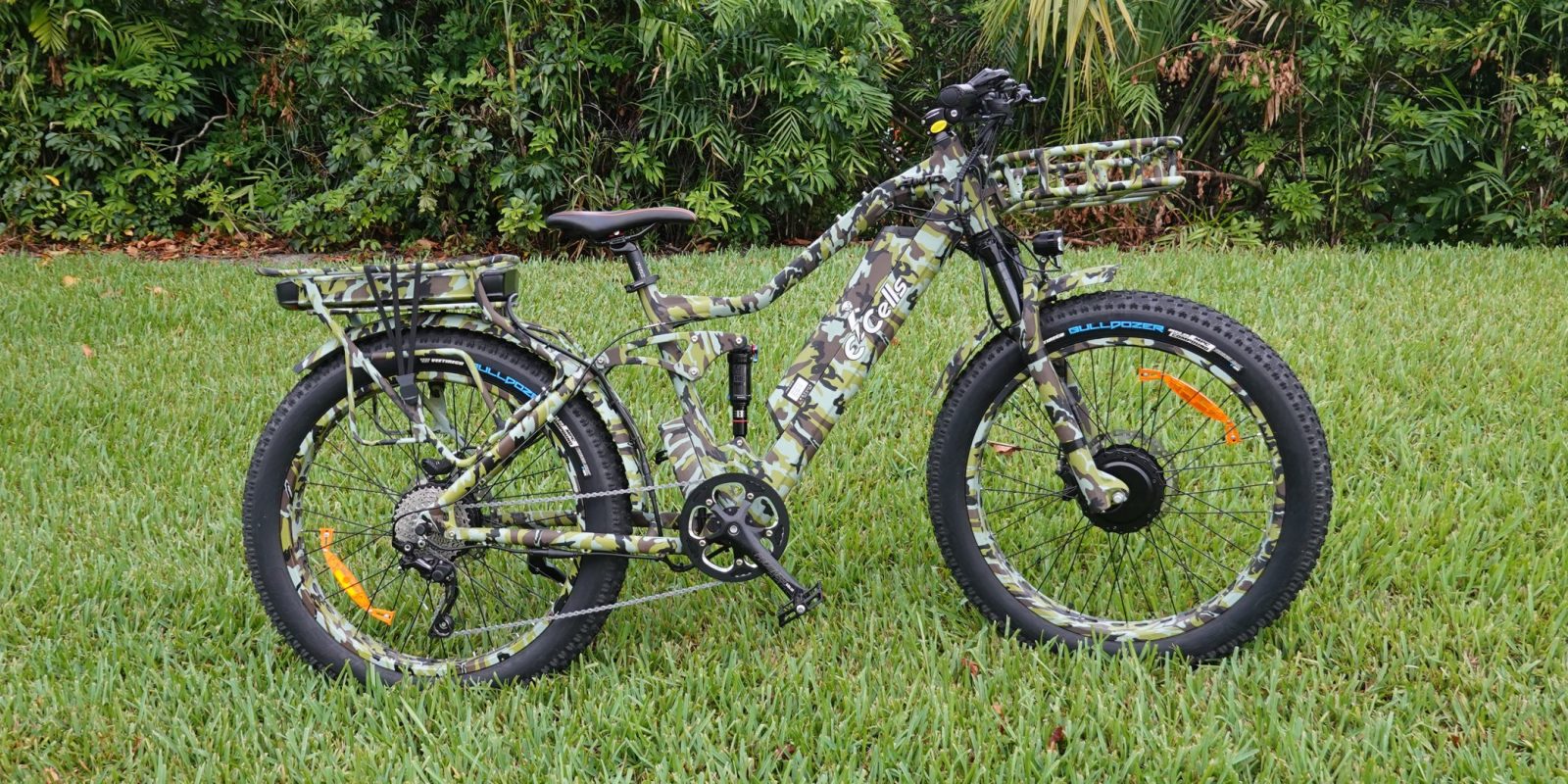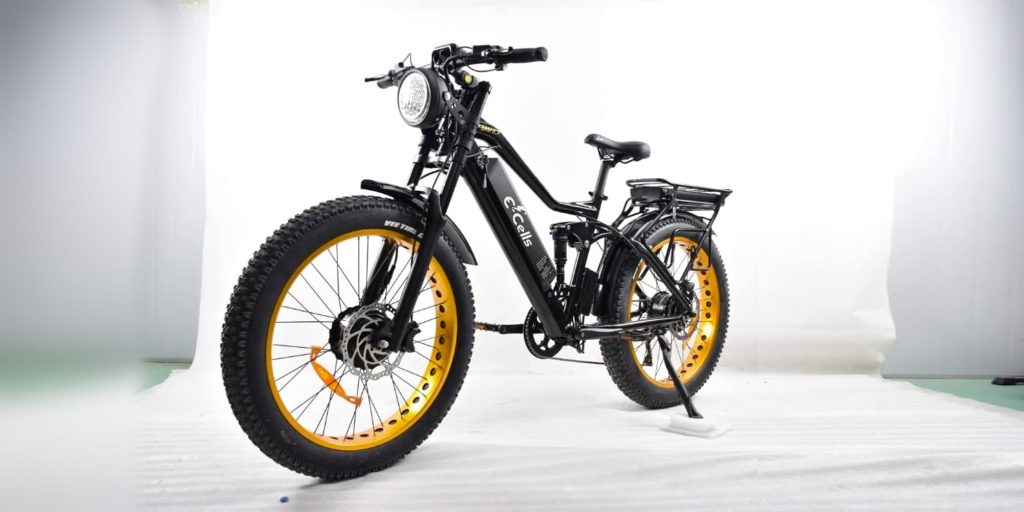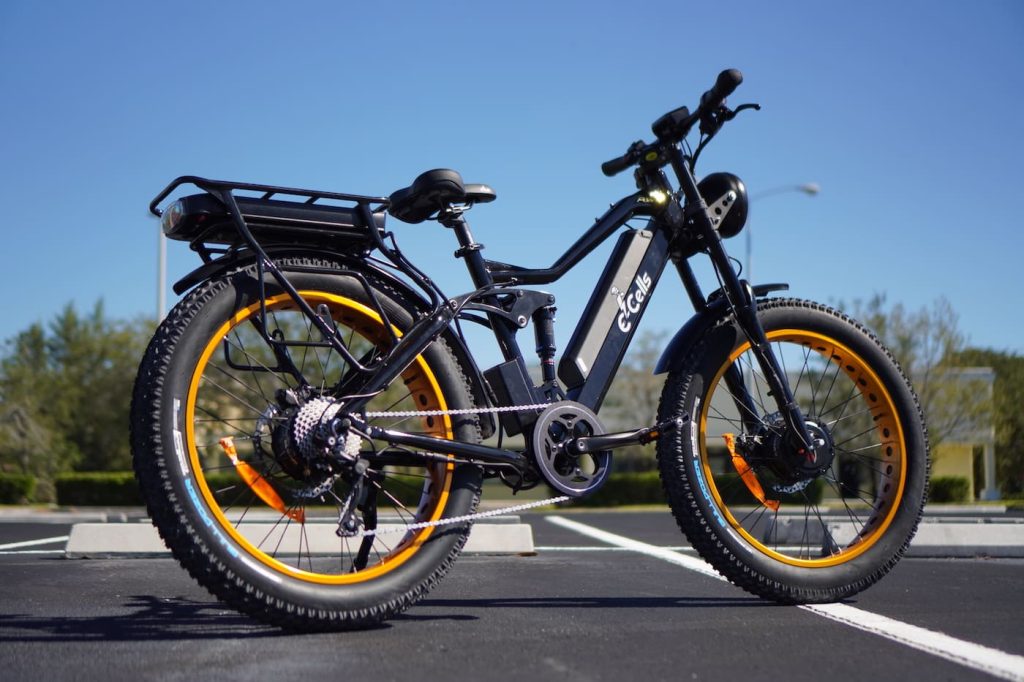Popular high-power electric bike brand announces shutdown

E-Cells, an e-bike brand in the US known for its all-wheel-drive fat tire e-bikes with extremely high performance, has announced that it is terminating operations and closing its doors.
The announcement was posted to the company’s social media accounts by the brand’s founder David Cleveland.
The closure was due in part to the impact of new tariffs on imported goods, with tariffs on Chinese-produced electric bikes reaching a total of up to 170%.
“Effective immediately, we are announcing the closure of our business,” explained Cleveland. “Due to unforeseen circumstances — including extreme tariff increases and other market challenges — continuing operations is no longer sustainable.”
Advertisement - scroll for more contentHe thanked customers for their years of patronage, with E-Cells operating for around six years. “We are grateful for the trust and support we have received from our customers and community over the years.”

E-Cells was a leader in the extremely high-performance electric bicycle niche. The brand’s models were popular with hunters and outdoorsmen, often sporting massive tires with all-wheel-drive, dual batteries, and dual suspension. Many models featured well over 2,000W of power and speeds topping 30 mph (51 km/h).
Those features resulted in large, robust, and extremely capable e-bikes that could be ridden in off-road and overlanding scenarios. Many E-Cells owners used the powerful electric bikes to pull heavy trailers, especially hunting trailers.
Now the company is reaching out to existing customers who have open orders and plans to handle the distribution of remaining stock internally. “We are no longer accepting new orders. Customers with existing orders will be contacted individually. Remaining inventory will be handled internally and is not available for public sale.”

The closure of E-Cells may be just the beginning of a broader shakeout in the US electric bike industry. Larger e-bike makers are better able to weather the storm of economic uncertainty, but as tariffs rise and economic pressures mount, smaller and mid-sized companies could find it increasingly difficult to stay afloat. The combination of supply chain disruptions, higher import costs, and price-sensitive consumers creates a challenging environment, especially for brands that rely heavily on overseas manufacturing.
Unless there’s a meaningful shift in trade policy or targeted support for the micromobility industry, we could see more e-bike companies scaling back operations or exiting the market entirely. And with fewer players in the space, consumers may face reduced choices, higher prices, and slower innovation – just as e-bikes are gaining mainstream traction as a sustainable transportation solution.
免责声明:投资有风险,本文并非投资建议,以上内容不应被视为任何金融产品的购买或出售要约、建议或邀请,作者或其他用户的任何相关讨论、评论或帖子也不应被视为此类内容。本文仅供一般参考,不考虑您的个人投资目标、财务状况或需求。TTM对信息的准确性和完整性不承担任何责任或保证,投资者应自行研究并在投资前寻求专业建议。
热议股票
- 1
- 2
- 3
- 4
- 5
- 6
- 7
- 8
- 9
- 10